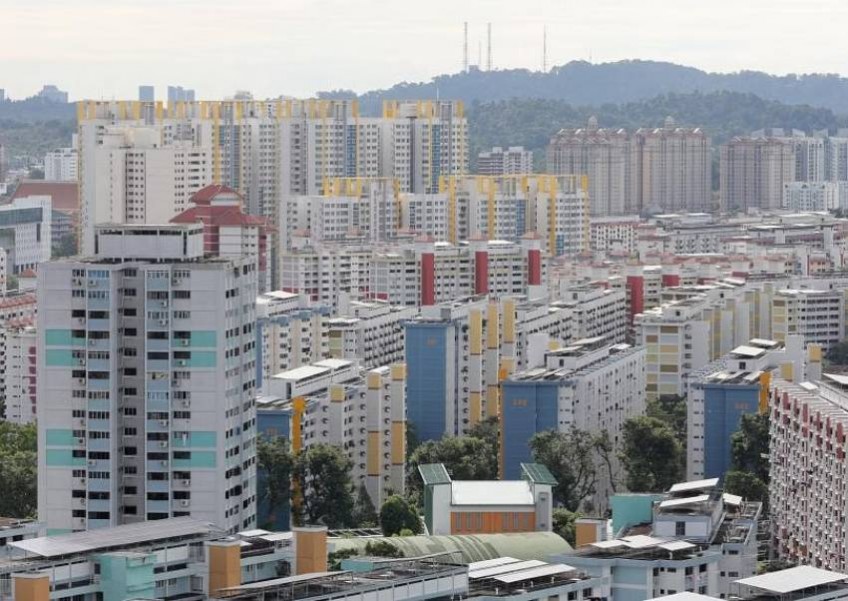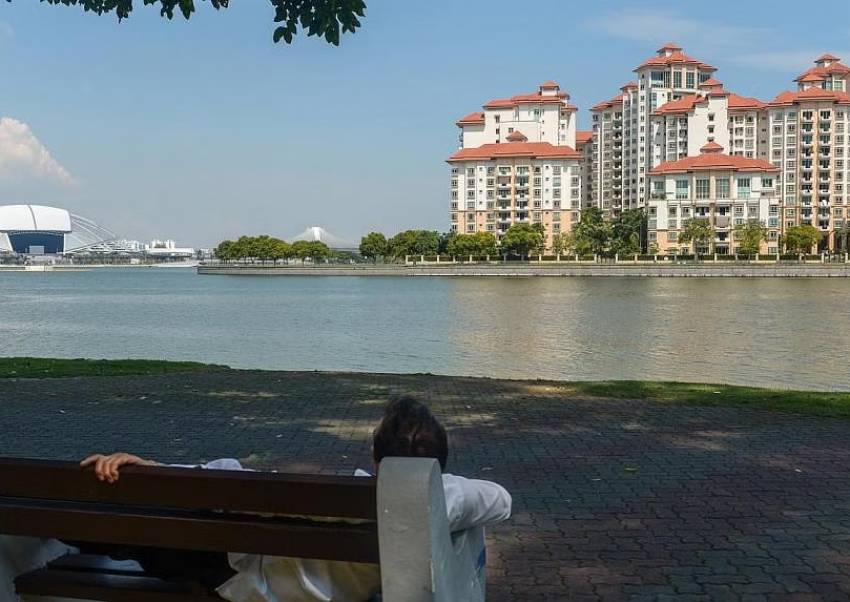Choosing between an HDB flat and a condominium: The deciding factors


Singapore is one of the most expensive countries in the world to buy a property, but it also has a high ownership percentage of more than 90 per cent. Are Singaporeans rich?
That might be the initial assumption — given that public housing apartments, known as HDBs, has hit the S$1 million mark in recent years.
In fact, the high percentage of home-ownership can be attributed to the brilliant retirement-saving system called the CPF which helps many Singaporeans to become home-owners, as well as the generous amounts of grants the government provides.
Home-ownership is a common aspiration for many Singaporeans. However, there is always the dilemma between buying a HDB and a private property.
Considerations include lifestyle choice, eligibility and of course, the potential for capital appreciation should one hope to sell that property one day.
Here, we've listed some of the key considerations you may want to think about when making that expensive choice:
The answer to this question may seem obvious to some but you may be surprised that many new home-buyers would answer, "both for staying and investment".
The fact is that you can't do both. Why? This is simply because the strategy undertaken to manage that property will be different depending on the objective, thus affecting the choice of property as well.
HDB flats are made for owner-occupancy because it is a type of public housing and as such, possess certain characteristics that make it more complicated for investment.
This includes meeting the eligibility schemes set out by the government for buyers, as well as a minimum occupation period before you can rent or sell.
You can obviously buy a private condominium for your own staying as well, but the type and location of your home can be affected by the objective for buying.

For instance, if you are buying it for your own staying, you will typically take into consideration the lifestyle needs of your family — you'd need adequate space to accommodate everyone, you might be looking for a place with several schools around, somewhere that you can have access to town centres and preferably a little out of the city as that you can have a quieter and more peaceful surrounding.
Compare this to buying a property for rental income.
You would probably go for a smaller studio or one bedroom unit nearer to the city centre, a location within walking distance to the MRT station and choose one that has certain sets of facilities that may appeal to the expat — BBQ pits, a gym and a swimming pool.
You'd also probably choose a newer condominium so that you do not need to spend on renovations.
After determining a clear objective for buying a property, your eligibility to acquire the property plays an important part as well.
For HDBs, you will need to fulfil the nationality as well as family nucleus eligibility in order to qualify for purchase.
For condominiums, you do not have such restrictions, but foreigners will need to be aware of the additional buyer's stamp duty implemented as part of the property cooling measures introduced in 2013.
Singapore Permanent Resident would have to pay an extra five per cent on their first property purchase, and foreigners will need to top-up an additional 15 per cent.
[[nid:674034]]
Another important consideration involves another restriction set out as part of the cooling measures — Total Debt Servicing Ratio (TDSR). This applies to both Singaporeans and foreigners alike.
Basically, the TDSR limits the amount borrowers can spend on total debt repayments to 60 per cent of their gross monthly income.
Total debt repayments do not mean just your mortgage loan, but include other debts you may have, such as auto loans, study loans, personal loans and credit card debts.
So before you even start searching for your ideal home, it might be wise to work out the amount of loan you can take on based on your salary to narrow the choice of the type of properties you can afford.
If you are set on buying a property for investment purpose, you'd need to take some calculated risk and consider the great macroeconomic environment.
Most people expect their rental income to help them cover the monthly mortgage repayments they'd need to pay. To do this, you may want to look at the general trend of the interest rate environment.
While we've got low interest rates for the last few years, many expect rates to start rising from 2016 onwards. If that's the case, you may want to secure a fixed-rate loan, or to include some buffer when you calculate the rental amount.
The rental price is also largely set by the demand and supply of rental flats. While your apartment may be able to command a premium due to its location, furnishings or facilities, you will not be able to escape the general trend.
[[nid:674396]]
As of the current situation, analysts are looking at a supply glut starting in 2016, and the downtrend in the property market isn't helping either.
In fact, the rental prices for suburban condominiums are actually falling closer to HDB rental price levels. Thus, you may want to study the macroeconomic environment before you take that plunge.
If you are more focused on capital gains, condominiums are perhaps the way to go since they cater to a wider range of buyers and historical data have shown that gains made in private housing are usually larger compared to public housing.
Having said that, there are always outliers, such as those who have bought at the peak between 2011-2013 and have since suffered huge losses.
As with all other types of investment, research and work out the numbers before signing on the dotted lines!
ALSO READ: Are we in a property buyer's or seller's market?
This article was first published in ValueChampion.